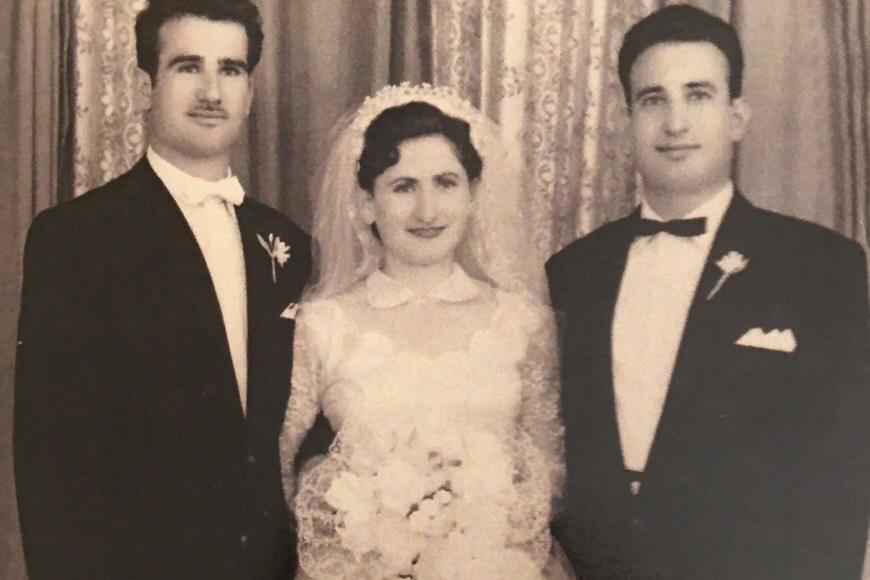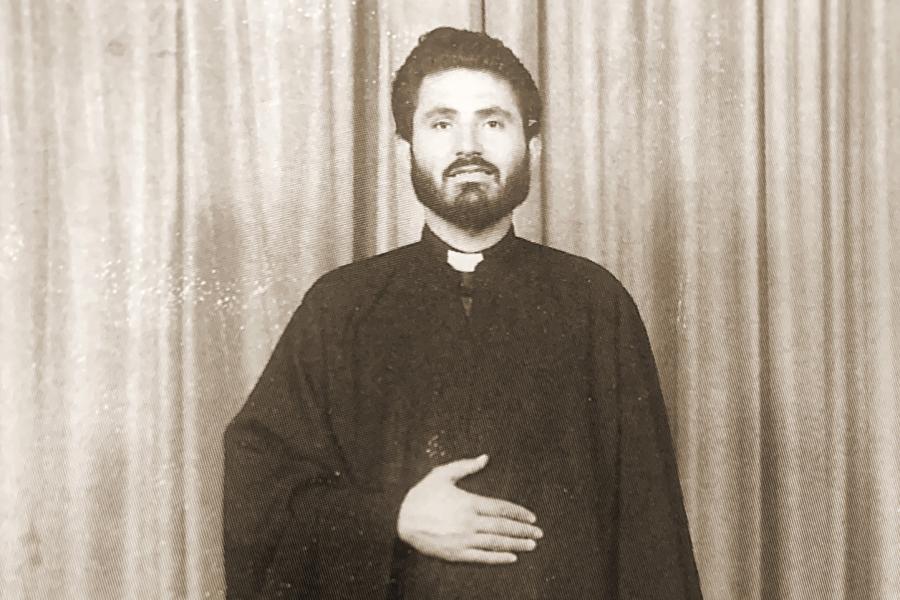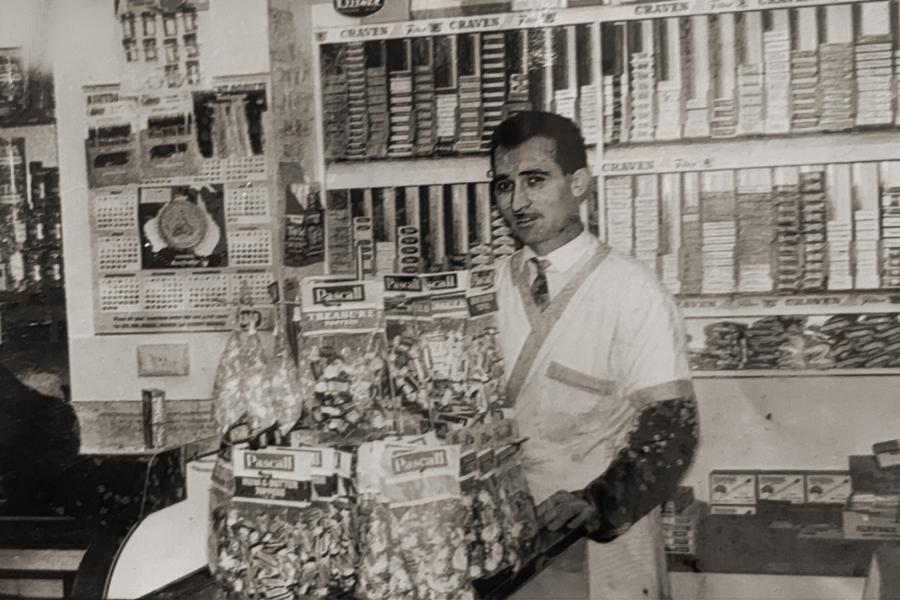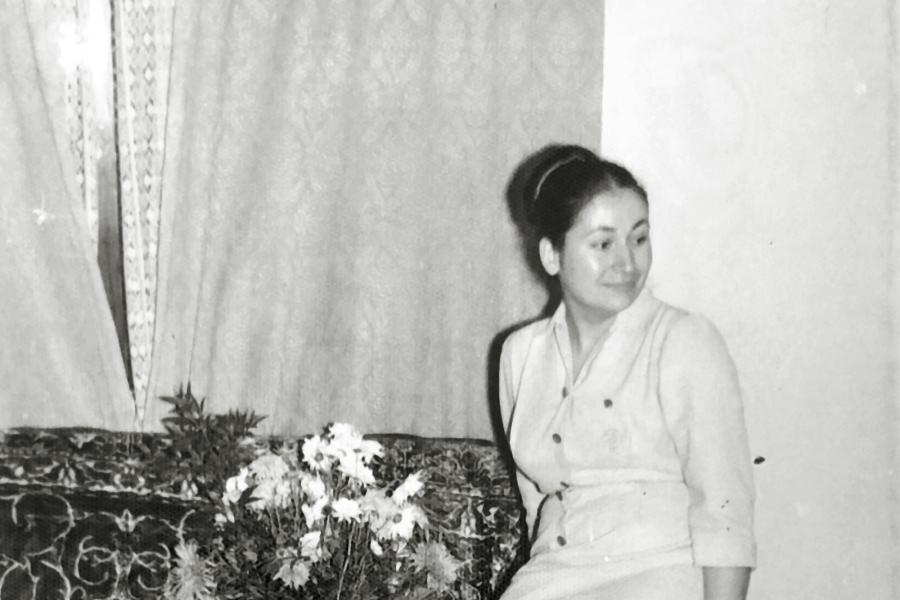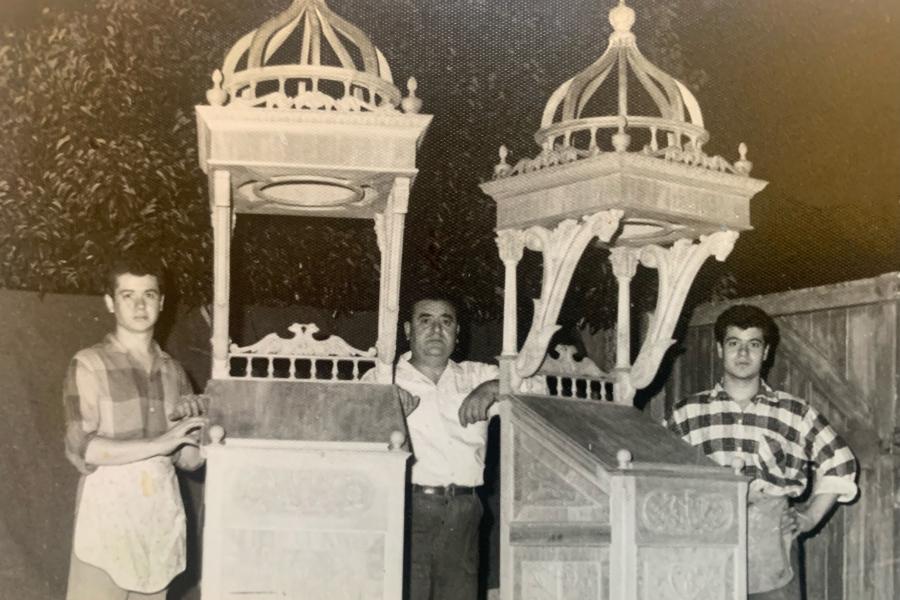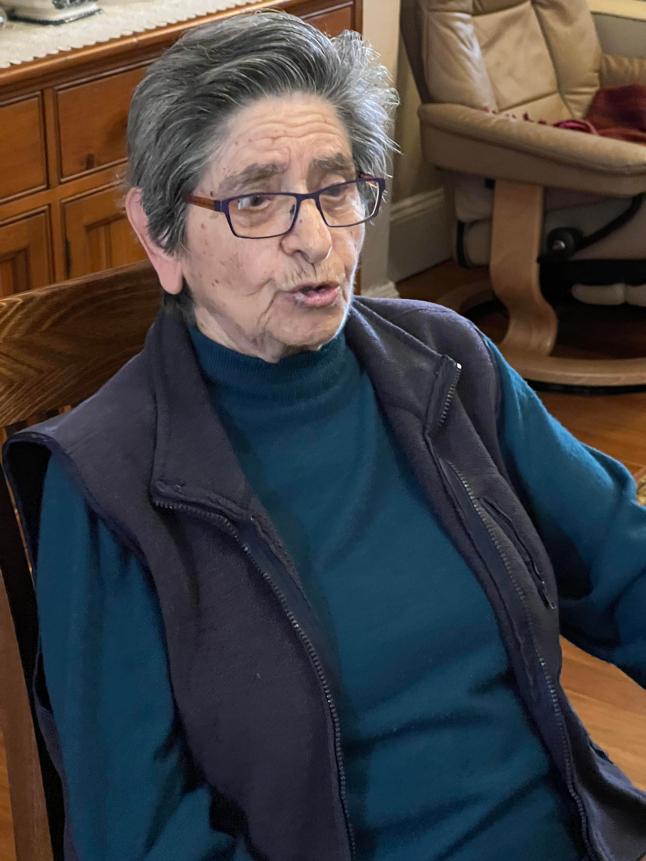

Speaker background
Stavroula was born in 1932 into a poor agricultural family on the Ionian island of Kefalonia. She lost her mother when she was twelve and was brought up by her stepmother. She experienced WWII and the occupation of Greece by the German army. She travelled to Australia to join her brother. In Sydney, she worked as a seamstress and married. She struggled through a difficult marriage with a man who suffered from mental illness and was prone to violence.
Interview summary
Stavroula discusses the circumstances that led to her emigration, such as the loss of her mother at a young age and the earthquakes of 1953 and 1958, which made life on the island very difficult. She recalls how her family hid an Italian soldier from the Germans and the hardships endured by her village. She reminisces about the journey to Australia by ship and the musicians she met on the boat who ended up becoming her friends. She gives an emotional rendition of married life with her unpredictable and violent partner and the choices faced by migrant women. She remembers the Australian neighbours who helped her with the children as well as her eldest daughter’s experience of racism and bullying at school.
Interview highlights
highlight
Stavroula explains her family’s involvement in the Greek Orthodox Community of NSW and the Atlas League in the 1970s.
Were you involved in any association during this time?
Yes, were involved with the Koinotita (Greek Orthodox Community of NSW). We were members all these years, and we had the . . . Greek Atlas League that bought the building then, and everyone worked, including my husband [...]. And we were very close. We were young and our children had a nice circle. There were thirty children all together. They did dances and food all together. That’s why they remained. They grew up together, and our families were all together. We did dances, and that building, I remember, they bought and … the one at Crown Street. They didn’t pay people to clean it every Saturday. They would take turns to go and clean it, each person who was a member, to clean it, as they didn’t have money to pay. [...] This club was our house.
Timecode 56:44 - 58:13
highlight
Stavroula explains how her neighbours helped her daughter when she was bullied at school when asked if she made friends with neighbours.
Next door to us was an old man. Poor old Charlie with his wife. I didn’t know English at all. On the other side was Mrs White with her sister-in-law. Australians. And they worked too. They treated me like they were my mothers, these women.
I remember one day, my little Persofoni, when she was in third class, at Paddington Public School, one morning, I got her ready to go to school, but she didn’t want to go. Mrs White had not gone to work that morning. I greeted her with my broken English. She asked Persofoni the name of her teacher, where her class is and all that. She told me: “Keep her here today. Don’t send her to school. I’ll go and find the teacher.” And she went and found the teacher. She told her they were making fun of the child because of her surname, Mousmoutis. She told her: “This family is new here, and they are good people and neighbours of mine . . . Make sure the children do not bully the little girl.” When she returned, she said: “Keep Persofoni home today, but take her to school tomorrow.” Then, when the little one went to school, it was alright.
Timecode 01:01:08 - 01:02:46

